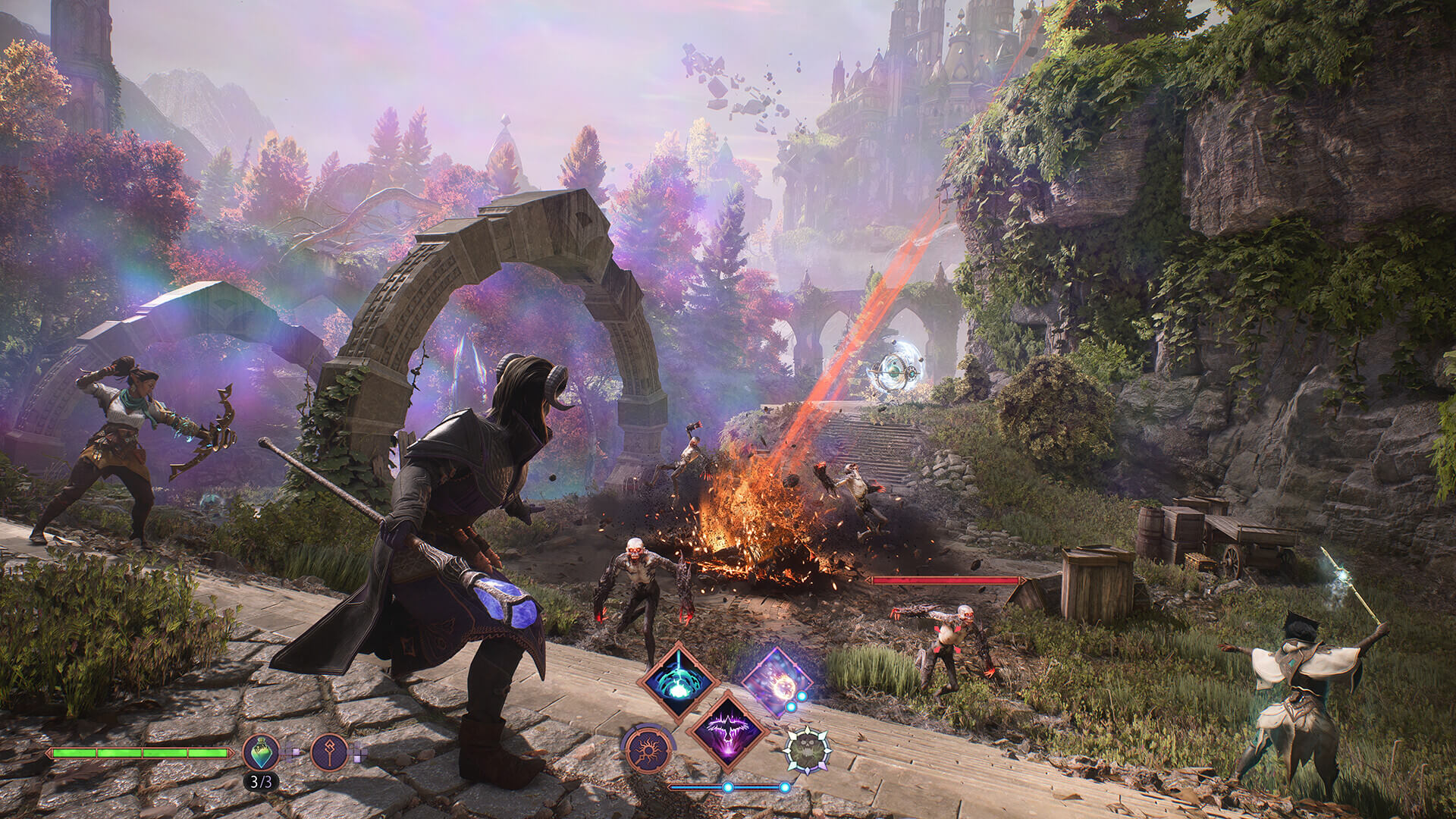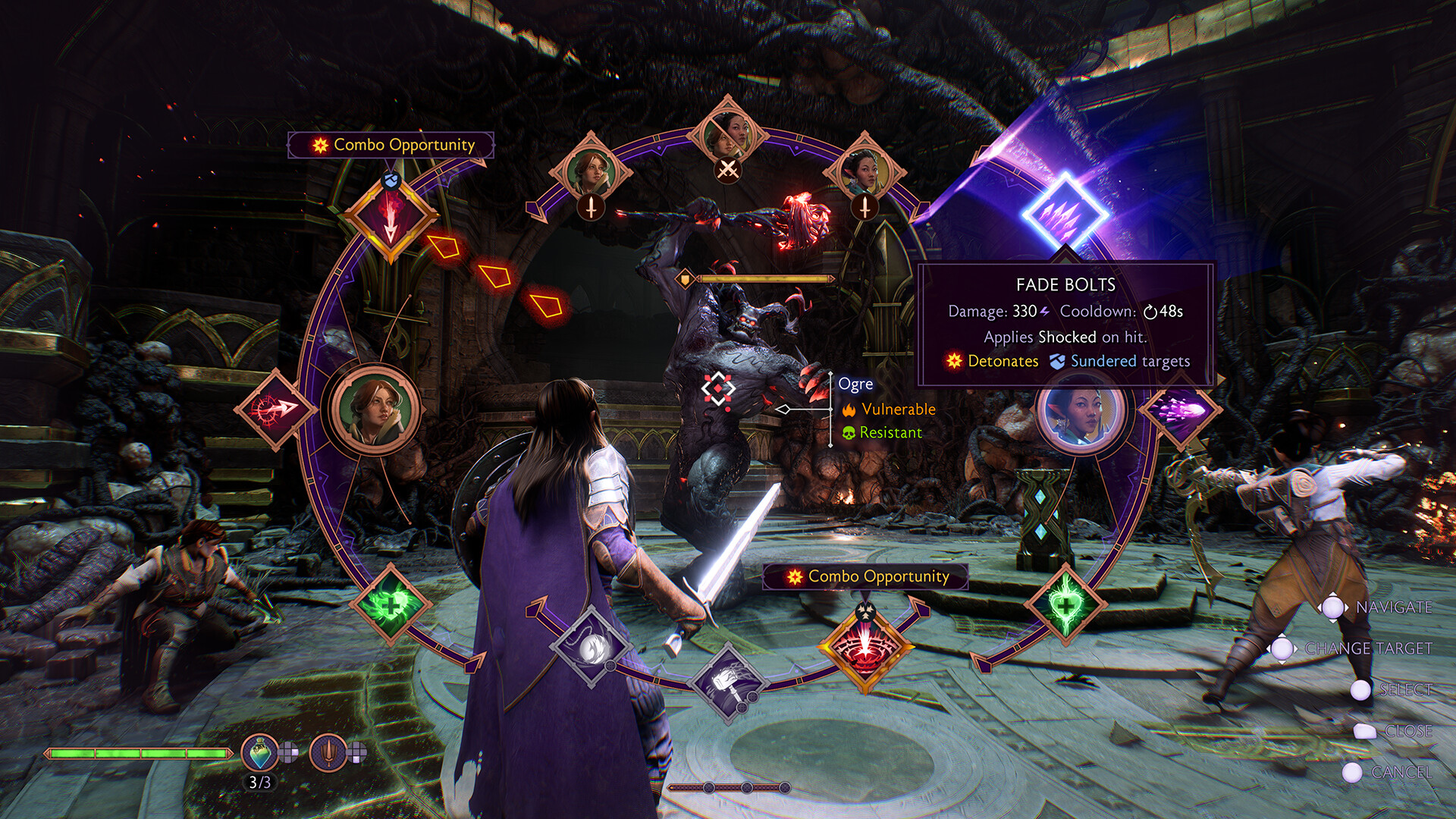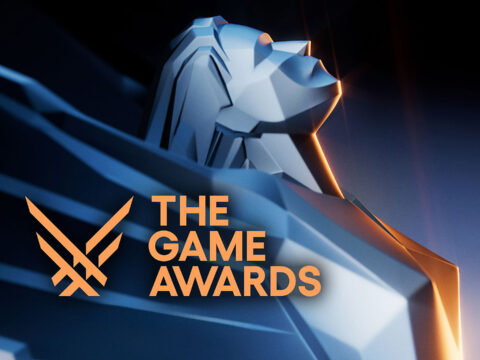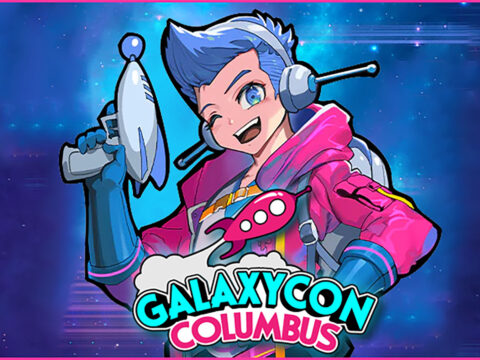
Why modern video game marketing has some players concerned
Dragon Age: The Veilgaurd was recently released and received a less-than-enthusiastic welcome from gamers. What should have been a smash hit for Electronic Arts quickly led to a heated conversation about the state of video games and entertainment journalism.
The first alarm bell that set off gamers was how the review codes were handled. When the game was first announced, players were thrown off by the animation and combat style of the game. However, to their credit, many gamers decided to wait until their favorite entertainment journalists had time to review the game before deciding to pre-order. Unfortunately, this is where things get a bit sticky.
Many of the major journalists who would typically cover a game such as Dragon Age: The Veilgaurd were not given review access. Now, we do not know why this played out the way that it did, and as such, we are not assuming malice on the part of Electronic Arts. However, this has not stopped a segment of gamers from condemning the studio, as well as anyone who has enjoyed the game following its release.
The few reviews of the game that were published before release were almost uncommonly positive, leading players to believe that the journalists were either paid off or received a copy in exchange for positive reviews. While we don’t believe this was the case, it does raise questions about the current state of entertainment journalism.

The major issue still stands that some people were given codes while others were denied. In the field of entertainment journalism, there is very little transparency about review access. Some people are offered access to the media while others are denied with no explanation. Now, much of this depends on PR relations, media exposure, and factors outside of both parties’ control. However, it does highlight the need for transparency within this ever-evolving field.
In peace, vigilance. In war, victory. In death, sacrifice. — Grey Wardens
Another unexpected complaint about the game is the inclusion of trans and nonbinary characters. Now, this isn't the first time gamers have voiced their complaints about women, people of color, or queer people being included in a game. However, it is surprising that this complaint is lobbied at a Dragon Age title. The franchise has historically been inclusive and has always featured members of the LGBTQ+ community.
The main point of contention seems to be that you have the option of making your character transgender. You aren’t forced to do this, but the option is available. And while many gamers have seen this option and not chosen it, others have used this as a reason to review bomb the game. On the upside, this tactic doesn’t seem to be hurting Electronic Arts, as Dragon Age: The Veilgaurd is continuing to sell just fine.

As a trans individual who has spent some quality time with Dragon Age: The Veilgaurd, the game is fine. It isn’t spectacular and it deviates away from the themes that made Dragon Age Origins so special. That being said, it has some fantastic combat, and it is always a joy to learn more about the world of Thedas and its characters. Although it is nice to see people like myself represented in the game, it offers very little impact on the story and feels more like a nice gesture than anything groundbreaking.
All of this being said, the controversy around Dragon Age: The Veilgaurd has more to do with the state of gaming as a whole than the game itself. This release has raised some important questions about how we move forward as the genre grows. Should we see more transparency from developers? How do we be inclusive while still appealing to the broader base? And most importantly, should we trust the people reviewing our media for us?
All of these questions are outside of my pay grade and will ultimately be decided by the gamers as a collective. However, it is important that we hold developers to a standard and voice are concerns when they are valid. Who knows, if we work together, maybe we can make everyone happy.




















